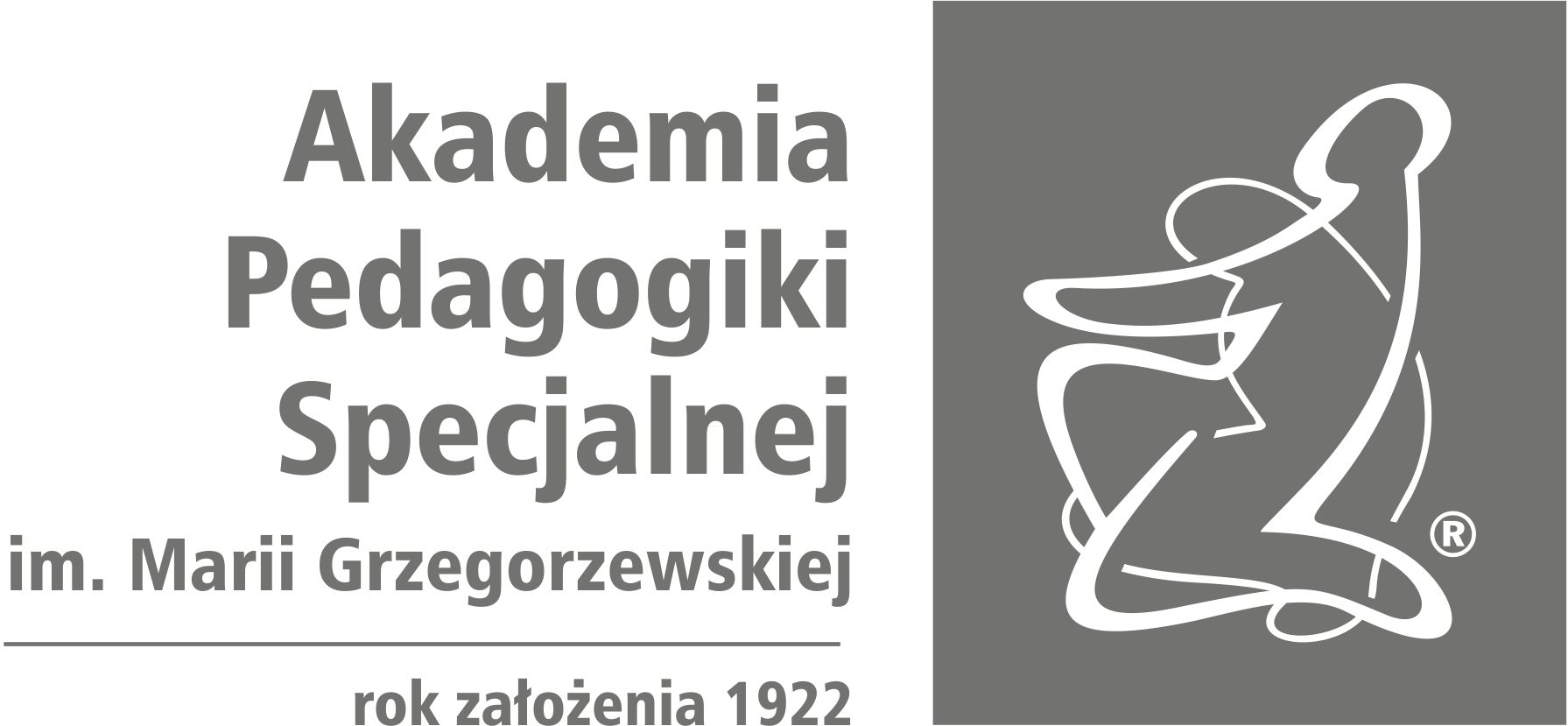Human Rights [00-FF-HRI]
Semestr zimowy 2023/2024
Ćwiczenia,
grupa nr 1
| Przedmiot: | Human Rights [00-FF-HRI] | ||||||||||||||||||
| Zajęcia: |
Semestr zimowy 2023/2024 [2023Z]
(zakończony)
Ćwiczenia [CW], grupa nr 1 [pozostałe grupy] |
||||||||||||||||||
|
Termin i miejsce:
|
|||||||||||||||||||
|
Terminy najbliższych spotkań:
Kliknij w datę by zobaczyć tygodniowy plan z zaznaczonym spotkaniem. |
Wszystkie zajęcia tej grupy już się odbyły - pokaż terminy wszystkich spotkań.
|
||||||||||||||||||
| Liczba osób w grupie: | 19 | ||||||||||||||||||
| Limit miejsc: | 14 | ||||||||||||||||||
| Zaliczenie: | Zaliczenie na ocenę | ||||||||||||||||||
| Prowadzący: | Anna Odrowąż-Coates | ||||||||||||||||||
| Literatura: |
Obowiązkowa: Case studies: Fair ICT Odrowąż-Coates Anna (2019). Historical politics, melted citizenship and education about Holocaust. INTERVIEW WITH JOLANTA ABROZEWICZ-JACOBS, Society Register, vol. 3, no. 1, pp. 163-168, DOI: 10.14746/sr.2019.3.1.09 Odrowąż-Coates, Mariusz Baranowski (2018). Critical Thinking – Tightening the Link Between Business and Education, Forum Oświatowe, 2(60),117-133. Odrowąż-Coates, A. (2017). Revisiting power and supremacy in the post-colonial world. Globalization as a refined phase of colonization. IN: A. Odrowaz-Coates,S. Goswami (eds.) Symbolic violence in socio-educational contexts. A post-colonial critique. Warsaw 2017, pp. 13- 23. Odrowąż-Coates, A. Is gender neutrality a post-human phenomenon? The concept of 'gender neutral' in Swedish education, Journal of Gender and Power, 3 (1) 2015, pp. 113- 133. Odrowąż-Coates, A. Lessons on social justice: a pedagogical reflection on the educational message of The Boxtrolls, Education as Change 2016, vol. 20 nr 2, pp. 67-85. Do wyboru: 1. Ali A. H., The Caged Virgin, A Muslim Woman’s Cry for Reason, London 2006. 2. Ekern S. The modernizing bias of human rights: stories of mass killings and genocide in Central America. [w:] Journal Of Genocide Research [J Genocide Res] 2010; Vol. 12 (3-4), pp. 219-41. 3. Goutor D. A Different Perspective on the “Labor Rights as Human Rights” Debate: Organized Labor and Human Rights Activism in Canada, 1939-1952. [w:] Labor Studies Journal; Sep2011, Vol. 36 Issue 3, p408-427, 20p 4. Hobbs J.D., Pattalung P.N., Chandler R. C. Advertising Phuket's nightlife on the Internet: a case study of double binds and hegemonic masculinity in sex tourism. [w:] Sojourn (Singapore) 2011; Vol. 26 (1), pp. 80-104. 5. http://www.unicef.org/crc/index_30184.html 6. http://www.oecd.org/dataoecd/30/26/45583188.pdf 7. Jan G. K., Wahab A., Constitutional Evaluation of United Nations, Universal Declaration of Human Rights. [w:] Gomal University Journal of Research. Jan2012, Vol. 28 Issue 1, pp. 88-96. 8. Jureidini R. Trafficking and contract migrant workers in the Middle East. [w:] International Migration (Geneva, Switzerland) [Int Migr] 2010; Vol. 48 (4), pp. 142-63. 9. Lee-Koo K. Horror and hope: (re)presenting militarised children in global North-South relations.[w:] Third World Quarterly [Third World Q] 2011; Vol. 32 (4), pp. 725-42. 10. Marx A., Goward S., Remote Sensing in Human Rights and International Humanitarian law monitoring : Concepts and Methods [w:] Geographical Review. Jan2013, Vol. 103 Issue 1, pp. 100-111. 11. Okudento S. Civil Society and National Human Rights Institutions. [w:] International Journal of Not-for- Profit Law. Dec2011, Vol. 13 Issue 4, pp. 5-52. 12. Torres-Ruiz A., HIV/AIDS and sexual minorities in Mexico: a globalized struggle for the protection of human rights, [w:] Latin American Research Review [Lat Am Res Rev] 2011; Vol. 46 (1), pp. 30-53. 13. Universal Declaration of Human Rights |
||||||||||||||||||
| Zakres tematów: |
The course will discuss Human Rights issues, Human Rights violations and the international mechanisms of protecting the rights of minority groups and of children. Students will be introduced to international and national policies. Moreover, participants will examine ethnographic materials on the subject matter. The aim of the course will be to raise awareness of cultural differences and social inequalities in the light of universal human rights. At the same time, participants will pose questions about the ethnocentric bias and social order in a variety of countries. The course will encourage independent research into international legislation and statistics on human rights issues. The course will enhance the students’ vocabulary in this area of expertise. It will aid individual independent research, critical text analysis, teamwork and confidence in sharing ideas in English. |
||||||||||||||||||
| Metody dydaktyczne: |
Interactive workshops |
||||||||||||||||||
| Metody i kryteria oceniania: |
To pass weekly presence and active participation are required. Students may expect small weekly tasks for self-study and a final essay or research report. |
||||||||||||||||||
| Uwagi: |
III DZPE + III DZPZ + II DZPS |
Właścicielem praw autorskich jest Akademia Pedagogiki Specjalnej im. Marii Grzegorzewskiej w Warszawie.

